Edit
It's still the economy stupid
At the heart of my support for Jeremy Corbyn is his recognition that we can only clear the deficit by growing the economy. Fiscal policy i.e. tax and spend won't work; it reduces demand and is doomed to failure. The other three will not confront this truth.
- Corbyn's platform is based on building a fair society fit for all, managing the economy with social justice.
- This storify looks at Corbyn's economic policy, and reviews some of its supporters arguments, looks at critiques of the Tory deficit fetishists, looks at some criticisms of the policy from Labour and the BBC and concludes with defences from Keynesian and Modern Monetary Theorists. Corbyn's proposals are theoretically sound, will work and will benefit our society at large and the majority of the population. This article is quite long with a number of linked articles. I finish with a quote from Jeremy Smith about the need for economic policy to be theoretically sound and for politicians to tell the truth to voters. These policies are fair and will work. We can only grow our way out of a deficit.
- Jeremy proposes a coherent economic policy for investment, growth and tax justice.
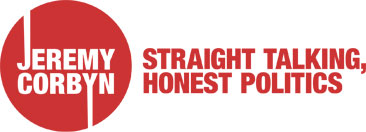 Investment, growth and tax justice: Corbyn outlines economic vision & fairer taxes for Britain 2020Labour leadership candidate, Jeremy Corbyn MP, will this morning outline his vision for a modern, more productive, fairer economy for all. He will lay out plans to build a rebalanced, prosperity-focused economy, based on growth and high quality jobs, at a policy seminar with an audience of economists, academics and trade unionists in central London.
Investment, growth and tax justice: Corbyn outlines economic vision & fairer taxes for Britain 2020Labour leadership candidate, Jeremy Corbyn MP, will this morning outline his vision for a modern, more productive, fairer economy for all. He will lay out plans to build a rebalanced, prosperity-focused economy, based on growth and high quality jobs, at a policy seminar with an audience of economists, academics and trade unionists in central London.- The noisiest attack has been made by Chris Leslie MP, who inherited the position of Shadow Chancellor when Ed Balls lost his seat in the General Election; he was appointed by the interim Leader, Harriet Harman. He argues that, for some reason, People's QE will be inflationary when Corporate QE is not and hasn't been. This at a time when deflation is the biggest risk. He adds, correctly, that high inflation impacts the less well off the most.
- Jeremy Corbyn's message looks great - but check the small printThere's no doubt about it - the Labour Party has reached a fork in the road and on 12 September the fate of the progressive centre-left in Britain will be sealed. There are millions whose living standards and working conditions depend on Labour winning government in 2020 to fight for power, wealth and opportunity in the hands of the many not the few.
- He was strongly rebutted by Richard Murphy
 Economist defends 'Corbynomics' after Chris Leslie's criticismThe author of the economic plan set out by Labour leadership contender Jeremy Corbyn has defended "Corbynomics" in the face of an attack by the shadow chancellor, Chris Leslie. Richard Murphy, the fair tax expert recruited by Corbyn to draft his economic policy, deepened divisions on the left by saying "Leslie has got this completely wrong."
Economist defends 'Corbynomics' after Chris Leslie's criticismThe author of the economic plan set out by Labour leadership contender Jeremy Corbyn has defended "Corbynomics" in the face of an attack by the shadow chancellor, Chris Leslie. Richard Murphy, the fair tax expert recruited by Corbyn to draft his economic policy, deepened divisions on the left by saying "Leslie has got this completely wrong."- and David Clarke of "Positive Money", who quotes the weight of academic and practising political economists.
 Shadow Chancellor should look again at the case for strategic QEWritten by David Clarke on . The Labour Shadow Chancellor Chris Leslie has been making waves this morning with his criticism of leadership contender Jeremy Corbyn's plan for 'quantitative easing for the people'. His intervention provides a good opportunity to address some common myths about the proposal.
Shadow Chancellor should look again at the case for strategic QEWritten by David Clarke on . The Labour Shadow Chancellor Chris Leslie has been making waves this morning with his criticism of leadership contender Jeremy Corbyn's plan for 'quantitative easing for the people'. His intervention provides a good opportunity to address some common myths about the proposal.- Peston of the BBC, is also a gain sayer with an expectation led critique. The problem to me is that you can't measure expectations nor their causality. He raises Bank of England independence as an axiomatic good thing, but it's part of light touch regulation which the consensus says failed, and it's anti-democratic. Central Bank independence is an ideological tool to place important decisions beyond democracy. The Bank got consumer credit wrong in the mid 2000s and fiscal policy wrong in 2008 - 2010.
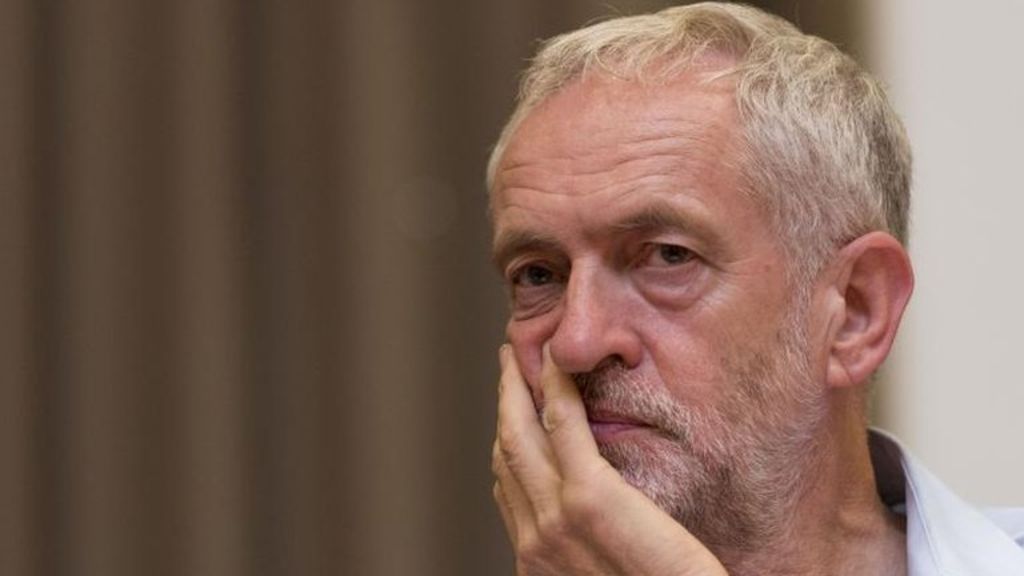 Would Corbyn's 'QE for people' float or sink Britain? - BBC NewsSo what are the economic policies of the long-serving Labour backbencher, Jeremy Corbyn, who has become the darling of Labour's new members and - out of nowhere - has become favourite to emerge as leader of Her Majesty's Opposition? Helpfully he produced an economic manifesto, "The Economy in 2020".
Would Corbyn's 'QE for people' float or sink Britain? - BBC NewsSo what are the economic policies of the long-serving Labour backbencher, Jeremy Corbyn, who has become the darling of Labour's new members and - out of nowhere - has become favourite to emerge as leader of Her Majesty's Opposition? Helpfully he produced an economic manifesto, "The Economy in 2020".- Earlier in the month the Centre for Labour Economics co-ordinated a public letter fo 77 academic economists criticising Osborne's deficit fetishism and defending deficit financing. Osborne's economics have no academic nor business economist supports.
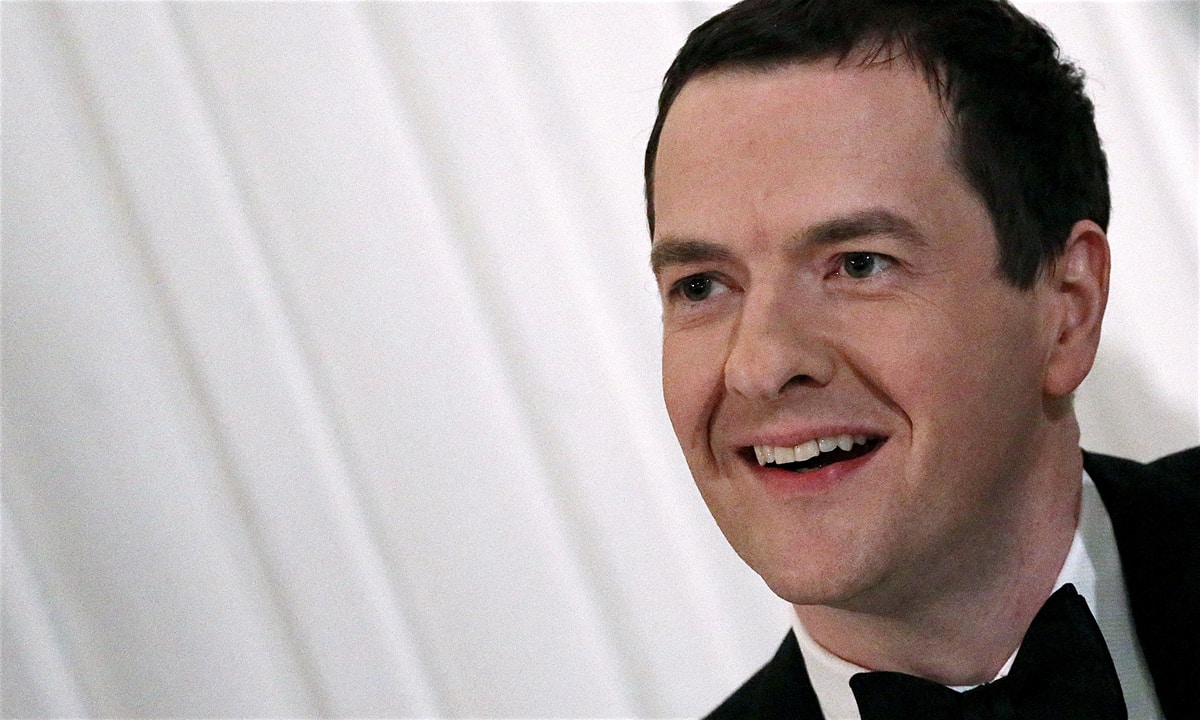 Academics attack George Osborne budget surplus proposalGeorge Osborne's plan to enshrine permanent budget surpluses in law is a political gimmick that ignores "basic economics", a group of academic economists has warned.
Academics attack George Osborne budget surplus proposalGeorge Osborne's plan to enshrine permanent budget surpluses in law is a political gimmick that ignores "basic economics", a group of academic economists has warned.- Chi Onawurah MP also takes on Osborne economics, pointing out that "Businesses which simply milk their assets go under". This is very much a reply to Osborne's new version of New Labour's Golden Rule, that Government's must run a surplus in the good times. She takes on a number of the stupid household economic rules that the Tories are peddling.
 The next Labour leader must take on Osbornomics head on - or failWhoever the next Labour leader is, he or she will not gain control of the nation's purse strings if voters don't trust us to use it responsibly. Currently the debate seems to be whether the best way to regain economic credibility is by talking Tory lite or by redefining what is meant by responsibly.
The next Labour leader must take on Osbornomics head on - or failWhoever the next Labour leader is, he or she will not gain control of the nation's purse strings if voters don't trust us to use it responsibly. Currently the debate seems to be whether the best way to regain economic credibility is by talking Tory lite or by redefining what is meant by responsibly.- Onawurah works with Professor Mazzucato who has a significant body of work challenging the right wing view that the state should only intervene when markets fail, since the state is a proven source of innovation and public sector investment is a source of innovation and growth. This underpins Corbyn's industrial policy and another reason for people's quantitative easing.
 Government -- investor, risk-taker, innovatorWhy doesn't the government just get out of the way and let the private sector -- the "real revolutionaries" -- innovate? It's rhetoric you hear everywhere, and Mariana Mazzucato wants to dispel it. In an energetic talk, she shows how the state -- which many see as a slow, hunkering behemoth -- is really one of our most exciting risk-takers and market-shapers.
Government -- investor, risk-taker, innovatorWhy doesn't the government just get out of the way and let the private sector -- the "real revolutionaries" -- innovate? It's rhetoric you hear everywhere, and Mariana Mazzucato wants to dispel it. In an energetic talk, she shows how the state -- which many see as a slow, hunkering behemoth -- is really one of our most exciting risk-takers and market-shapers.- Returning to demand management, John McDonnell MP argues that a Corbyn led party would look to reduce the deficit, it's just that it's not the poor or middle income people that'll pay. He argues for taxing corporations and the rich, withdrawing corporate subsidies and renationalising sectors of the economy, so that our largest and most essential companies are run in the interests of all stakeholders, not just their owners.
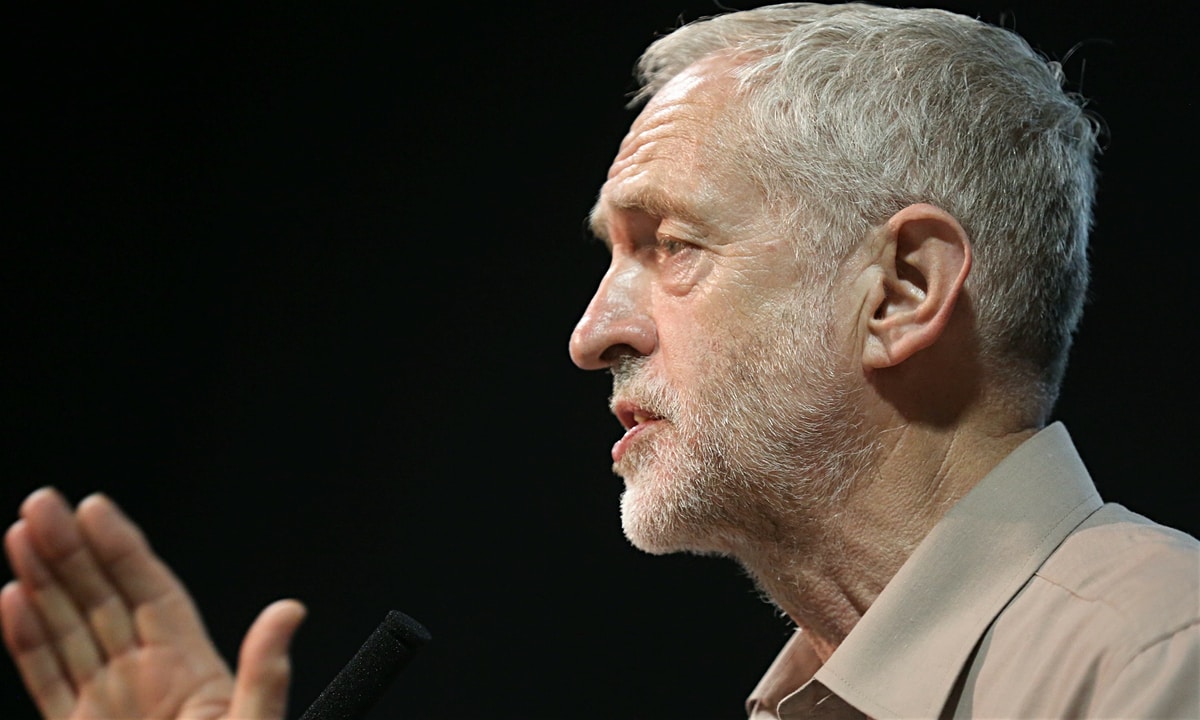 Jeremy Corbyn would close the deficit - but not by hitting the poor | John McDonnellAs people wake up to the prospect of Jeremy Corbyn actually being able to win the Labour leadership, the reaction has become increasingly hysterical, especially from elements of the Labour establishment. The near panic is especially evident in its response to the strategy outlined by Corbyn's team of economic advisers.
Jeremy Corbyn would close the deficit - but not by hitting the poor | John McDonnellAs people wake up to the prospect of Jeremy Corbyn actually being able to win the Labour leadership, the reaction has become increasingly hysterical, especially from elements of the Labour establishment. The near panic is especially evident in its response to the strategy outlined by Corbyn's team of economic advisers.- But at Prime Economics, Jeremy Smith argues that even McDonnell is succumbing to deficit fetishism and it's not necessary because "the government is [not] like a household". "Living within our means" does not involve running a surplus when times are good, it involves being able to pay for our borrowing [ and our imports ]. Prime Economics points out that the critical affordability ratio is interest payment volume to growth in gross product, which is why low growth is so dangerous. The article also points out that even if Osborne cut the deficit to zero by the end of the Parliament and his track record doesn't look good, then we should still borrow to invest.
- The mystery of Jeremy Corbyn and the deficitLet me confess, I am now confused as to what Jeremy Corbyn's policy is on budget deficits, their causes, impacts and remedies. Two weeks ago, I thought I understood what he was saying, and was mainly supportive of his approach. Now those speaking on his behalf (I assume) have made things a lot less clear, and probably a lot worse.
- In the article above Smith suggests that McDonnell remains too focused on the deficit, and concludes with the following quote,
- This quote and point of view is crucial for me, Labour shouldn't be seeking to win on a lie, even a credible lie and deficit fetishism is one.
- For more ultra-keynesianism, Alex Little quotes Bill Mitchell, the inventor of Modern Monetary Theory in favour of deficit financing and re-framing the discussion back to full employment and price stability; the fiscal deficit/surplus is an outcome, not a lever.
 Corbyn needs to find new ways to frame the economic debateI had thought about writing something in response to this article by Labour MP and Corbyn supporter John McDonnell about Corbyn's economic plans. I was going to disagree with the way he felt the need to talk about how Corbyn would aim to "clear the deficit".
Corbyn needs to find new ways to frame the economic debateI had thought about writing something in response to this article by Labour MP and Corbyn supporter John McDonnell about Corbyn's economic plans. I was going to disagree with the way he felt the need to talk about how Corbyn would aim to "clear the deficit".- I built a storify last week, when Chris Leslie made his nineties based contribution suggesting that for some reason using QE to buy bonds in public corporations would be inflationary, while using QE to buy central government bonds is not because it clearly isn't. This is high monetarism from the 1970's and clearly no longer true. I have embedded it immediately below.
- I finished it with the pissy little comment that if we consider Burnham and Cooper's candidates for Shadow Chancellor, these are additional reasons to vote against them, and while Kendall's candidate is not known and isn't relevant; I'd not like to see Chuka Umuna in that role either.
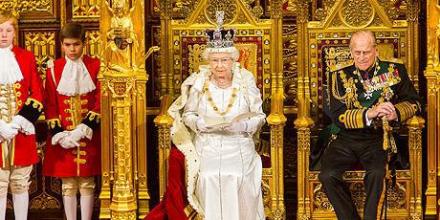 Jeremy Corbyn: Quantitative Easing for the peopleTo begin with, the press pretty much ignored Jeremy Corbyn, regarding his prospects of selection as Labour's next leader as remote. The surge of support for Jeremy Corbyn has astounded everyone, now we listen to the right-wing press, and New Labour as Hard Left. Jeremy Corbyn is in no way "hard"; he is compassionate, caring....
Jeremy Corbyn: Quantitative Easing for the peopleTo begin with, the press pretty much ignored Jeremy Corbyn, regarding his prospects of selection as Labour's next leader as remote. The surge of support for Jeremy Corbyn has astounded everyone, now we listen to the right-wing press, and New Labour as Hard Left. Jeremy Corbyn is in no way "hard"; he is compassionate, caring....- Jeremy Smith also looks at all the various candidates have to say, he's not impressed.
What the Labour leadership candidates say on macroeconomic policy
With the Labour leadership campaign exciting a lot of interest, we thought it would be helpful to set out the views of the candidates, in their own words, on macroeconomic and fiscal policy. Of course, those voting will not only take economic policy into account when deciding whom to vote for - but it is certainly an important factor.- He concludes, "... on the issues of basic macroeconomic and fiscal policy, Jeremy Corbyn has, to his credit, expressed the clearest and (macroeconomically) soundest view on the role and acceptability of deficits, and on the distinction between borrowing for current purposes, and for investment purposes. He is also clearer than the others on the need to reduce the deficit by economic activity, not further cuts. "
- And to finish here's the policy document itself.
